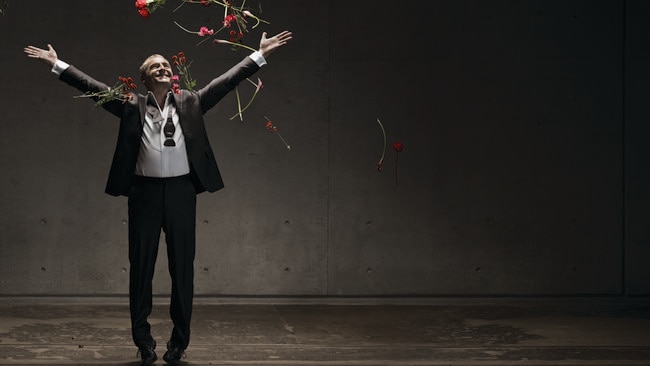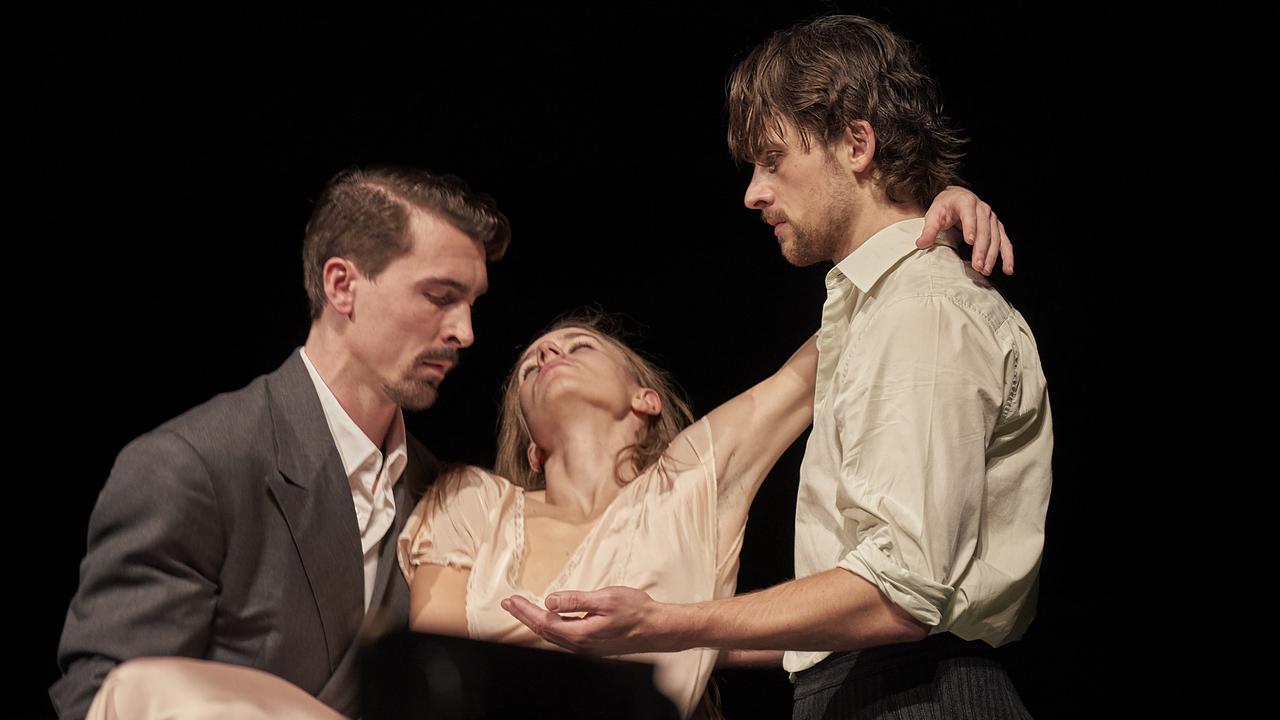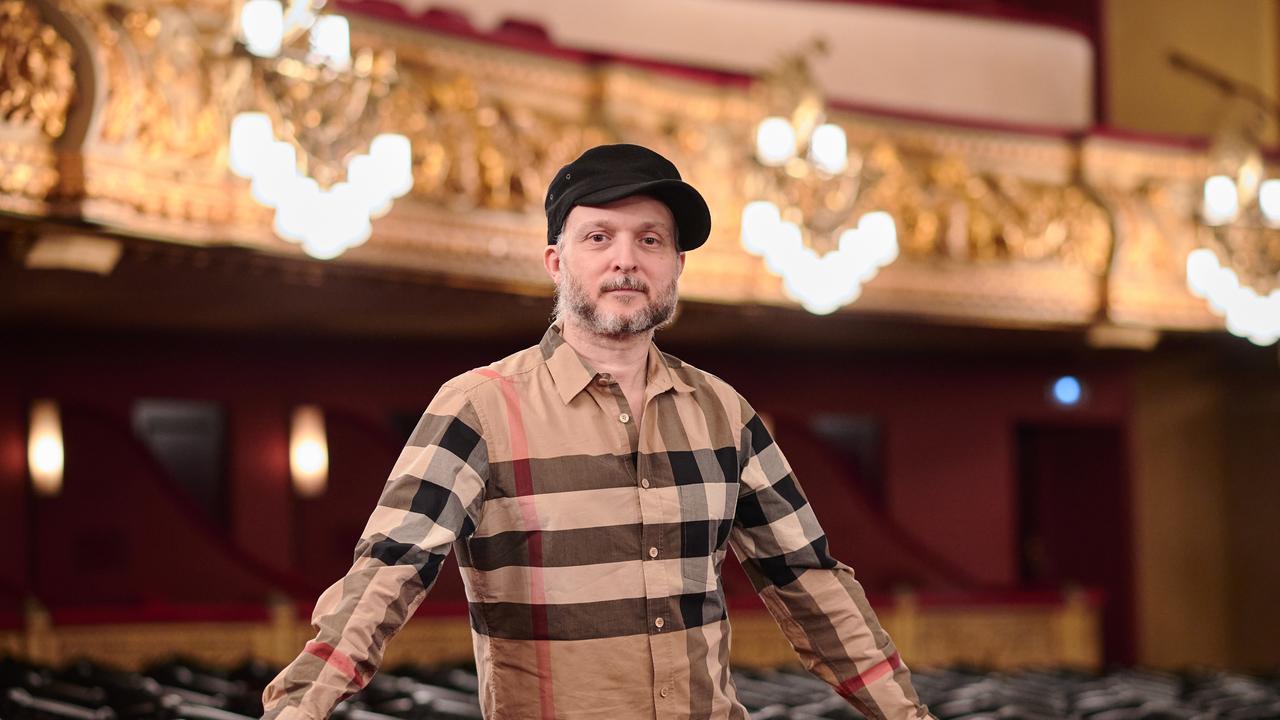Brandenburg Orchestra’s Mozart reading undone by fast tempo
In this performance of Mozart’s Requiem, Paul Dyer’s speed-demon tendencies turned out to have considerable drawbacks.

The music of Mozart often inspires the highest-quality performances from Paul Dyer and the Australian Brandenburg Orchestra. The 2013 account of The Great Mass in C minor was one of their finest accomplishments and their performances of the Symphony No 41 Jupiter (2014 and 2006) were outstanding. The key features of Dyer’s Mozart interpretations have been fast tempos and strong contrasts in dynamics and phrasing.
They usually work well. However, in this performance of Mozart’s Requiem, only the latter quality proved unequivocally successful as Dyer’s speed-demon tendencies turned out to have considerable drawbacks.
On the positive side, his energetic, vibrant approach realised the work’s dramatic power. In the Kyrie and Agnus Dei sections, for instance, swift speeds generated compelling urgency and propulsive drive. The Dies irae was a sustained eruption of ferocious intensity while the performers’ forceful dynamic contrasts and incisive unison attack created powerful accounts of the Rex tremendae and Hostias.
Elsewhere, Dyer’s tempos became relentless and hard-driven. In the Domine Jesu, for example, orchestra and choir struggled to keep pace, resulting in passages of unclear articulation and ill-defined details. Inconsistently applied tempo contrasts also took their toll. A uniformly fast-paced approach to the Recordare diluted its emotional impact. Yet by easing off the accelerator in the Lacrimosa, the performers’ long-breathed phrasing and subtle dynamics realised its plaintiveness.
Soprano Amy Moore, alto Max Riebl, tenor Paul Sutton and bass Alexander Knight were a well-matched solo quartet, singing with unadorned clarity and good sense of line. With a well-blended sound, the Brandenburg Choir impressed in both full-voiced fortissimo outbursts and passages of hushed quietude.
The concert’s first half offered an assortment of vocal works that shone the spotlight on the adult choir and the Brandenburg Young Voices. On paper it seemed an odd juxtaposition with Mozart’s darkly dramatic masterpiece. In concert, it worked better without entirely overcoming a slight sense of programming incongruity.
Apart from an unfocused account of the “Gaudete” from Piae Cantiones (1582), the Brandenburg Young Voices sang with impressive timbral variety: earthy and guttural in Salva nos, stella maris; appealingly sweet-toned in two songs by John Rutter.
The adult choir delivered a smoothly contoured account of Palestrina’s Alma redemptoris Mater while the four solo singers favoured beauty of sound over expressive character in di Lasso’s bawdy Matona mia cara. Handel’s Hallelujah chorus from Messiah brought the concert’s opening half to a rousing, joyous conclusion. Here, Dyer’s brisk tempos worked much more effectively than in his ultimately flawed interpretation of Mozart’s Requiem.
Australian Brandenburg Orchestra. City Recital Hall, Sydney, April 29.
Concert repeated, May 4, 6 & 11. Then Melbourne, May 7 and 8.


